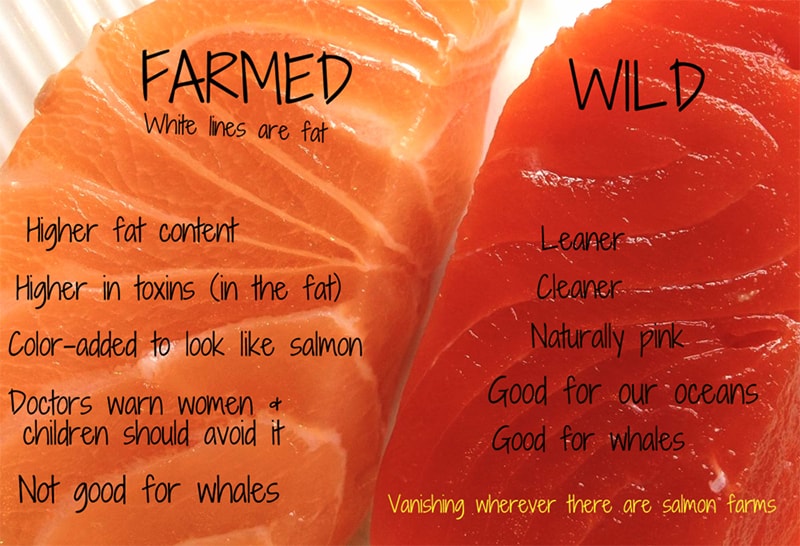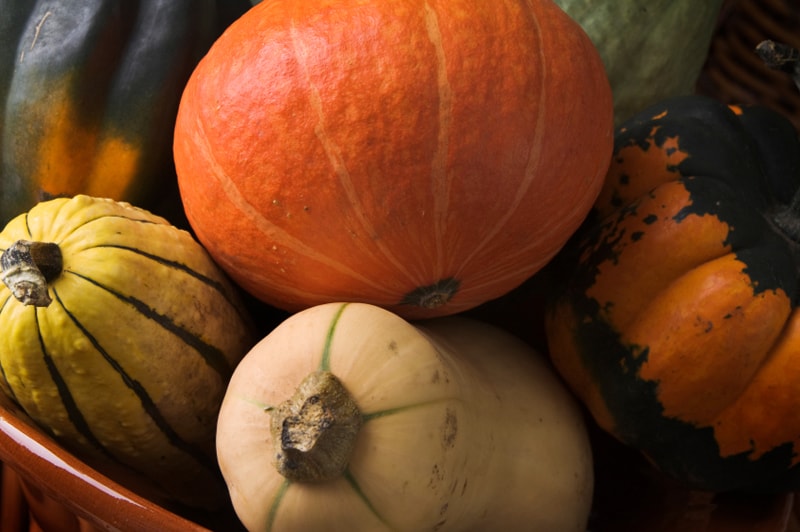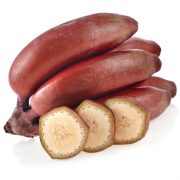By definition, inflammation is the body’s natural attempt to remove the injury or irritants and begin the healing process.
There are 2 main types of inflammation. They are:
- Acute Inflammation – is quite normal and is short-term. It can happen over a few minutes, hours, or days. Some examples of acute inflammation are: infected ingrown toenail, sore throat, cut on skin, or acute bronchitis.
- Chronic Inflammation– occurs for the long-term. This means for a few months to even years. Some examples of chronic inflammation are: rheumatoid arthritis, asthma, or tuberculosis.
Common signs of inflammation include:
- Redness
- Pain
- Heat
- Swelling
While drugs from your doctor maybe required in most cases, Mother Nature has provided us with certain foods that can help to reduce inflammation.
Here are a list of 7 anti-inflammatory foods.
1. Kale

Kale doesn’t get the credit it deserves.
This leafy vegetable contains several key nutrients that help the body.
Kale contains vitamin K and Omega-3’s which play an important role in reducing inflammation.
Not only that, but Kale contains antioxidants such as lutein and Zeaxanthin, which play a key role in protecting against certain illnesses like cancer and cardiovascular disease.
2. Blueberries

Why do these small, round berries keep coming up in every health article?
Because they are on of the top super foods for the body, that’s why!
Blueberries a small fruit, but holds a BIG health punch.
When it comes to inflammation, blueberries contain nutrients that stimulates the healing process in the body.
3. Wild Salmon

Salmon contains important omega-3 fatty acids that reduce inflammation.
The 2 biggest fatty acids are:
– EPA (eicosapentaenoic acid)
– DHA (docosahexaenoic acid)
Omega-3’s have been backed by many studies that suggest fatty acids benefit the body in many ways.
4. Green Tea

Green tea has been around for thousands of years that originated in China.
This tea contains natural anti-inflammatory compounds called flavonoids.
Studies also suggest that green tea can help people with rheumatoid arthritis by reducing the irritation.
Do you have wrinkles?
Studies have suggest that green tea can help with wrinkles.
5. Broccoli

While most people hate the taste of broccoli, this vegetable holds numerous health benefits for the body.
The phytonutrients that are found in the vegetable are considered anti-inflammatory and anti-cancer.
Other important benefits of broccoli is that it is full of fiber, which help keep you feel fuller longer.
This is important when you are trying to lose weight. Also, the fiber helps keep you regular.
6. Papaya

Papaya holds a protein-digestion enzyme called papain.
This is not only helpful for digestion, but helps with inflammation.
Another big health benefit of papayas are that they are full of water, which helps keep you hydrated and push out toxins from the body.
It has also been suggested that papaya can help with getting rid of acne and clearing up skin.
7. Squash

Squash is a great source of antioxidants that help absorb free radicals.
Free Radicals are groups of atoms that have an odd number of electrons.
Once formed these highly reactive radicals can start a chain reaction, like dominoes.
Their chief danger comes from the damage they can do when they react with important cellular components such as DNA, or the cell membrane.
Cells may function poorly or die if this occurs. This can lead to premature aging, cancer, and asthma just to name a few.
To prevent free radical damage the body has a defense system of antioxidants, and squash is the right source.
About the list
There are more Anti-Inflammatory Foods, and our goal is to grow this list constantly. In meantime, you can search the web for more foods.
Do you know some other foods that fight inflammation? Share your comments below.












